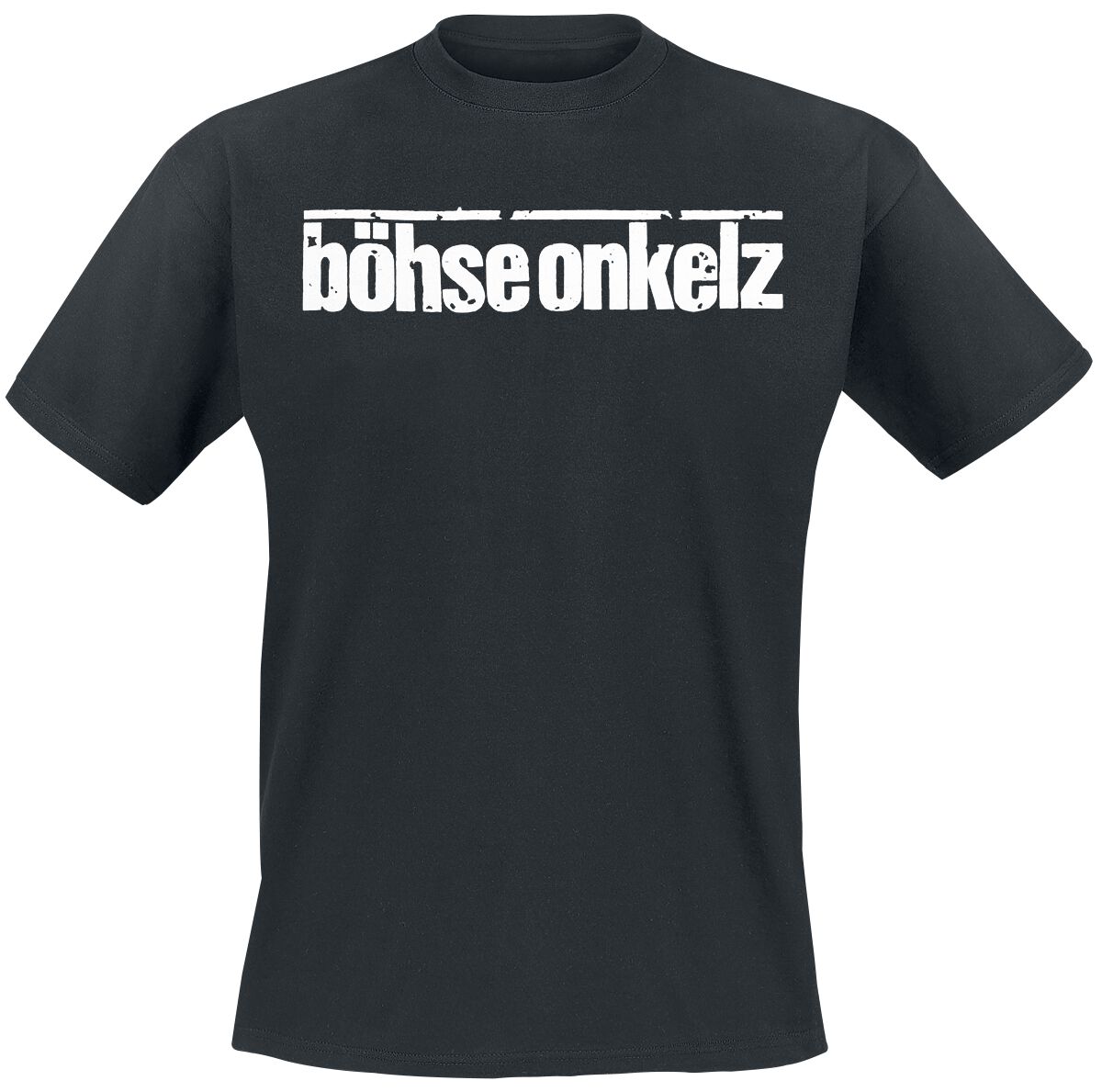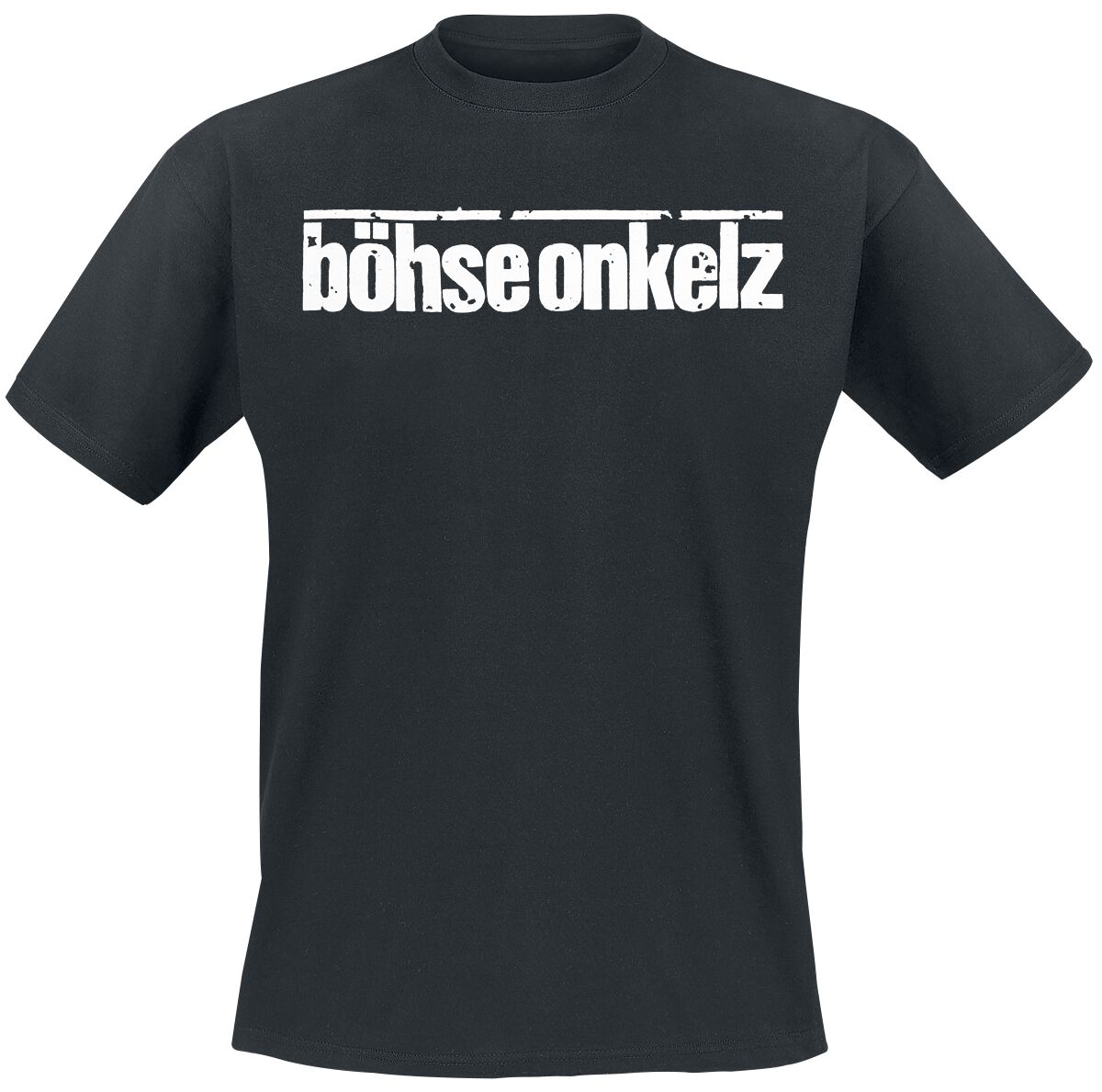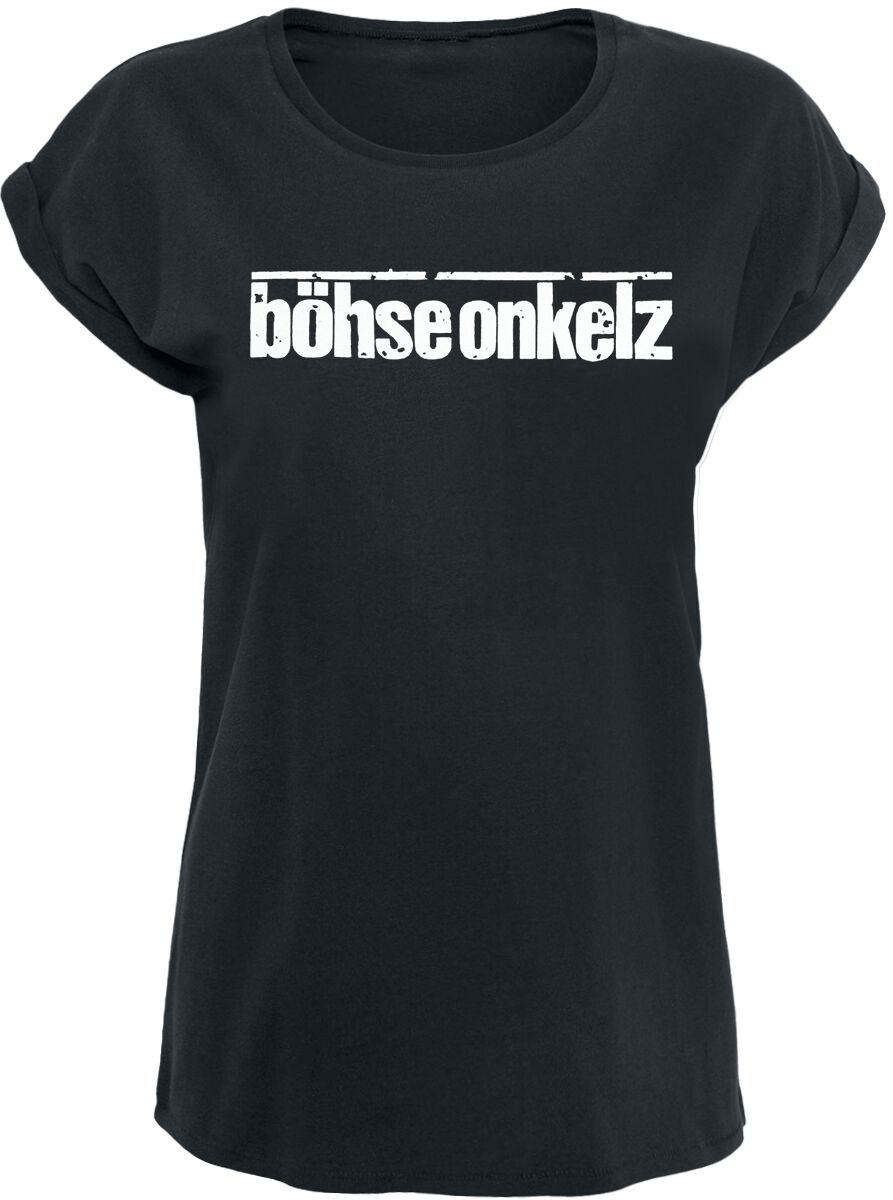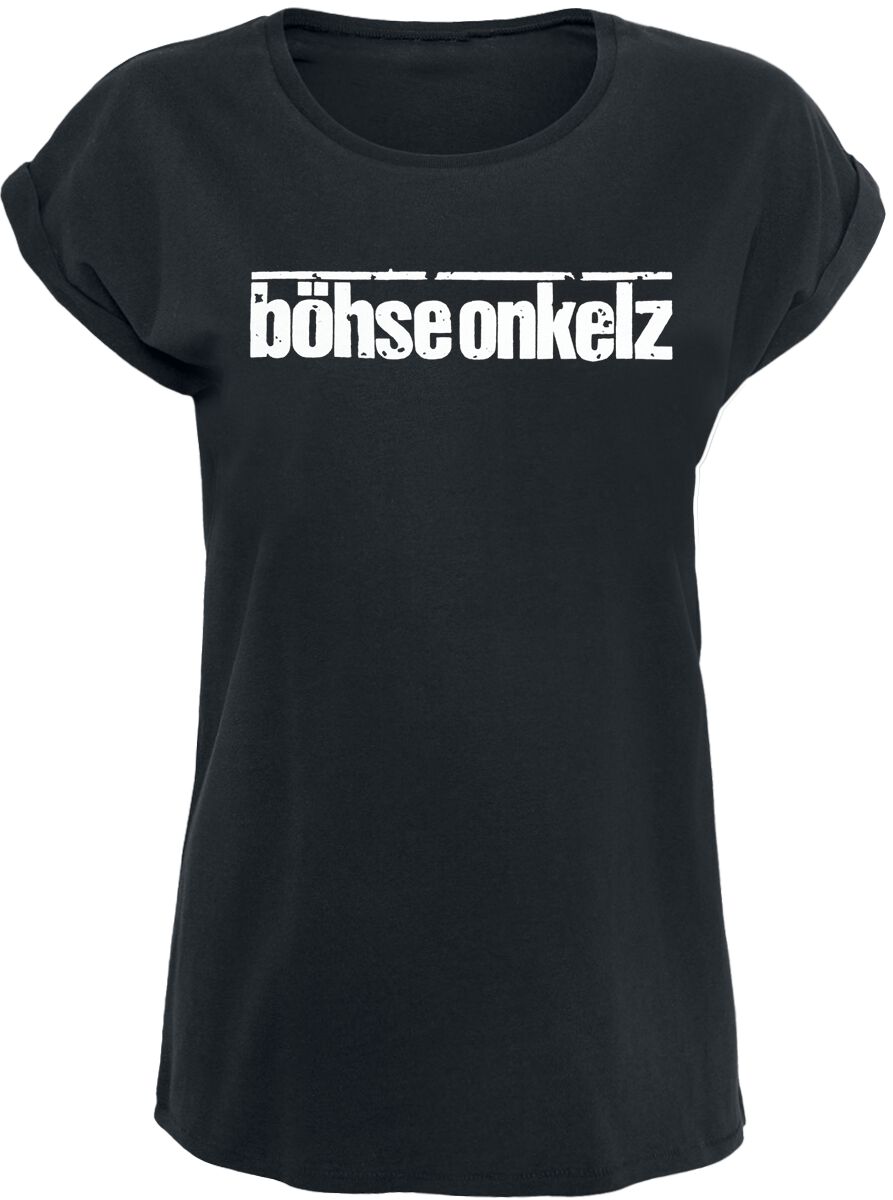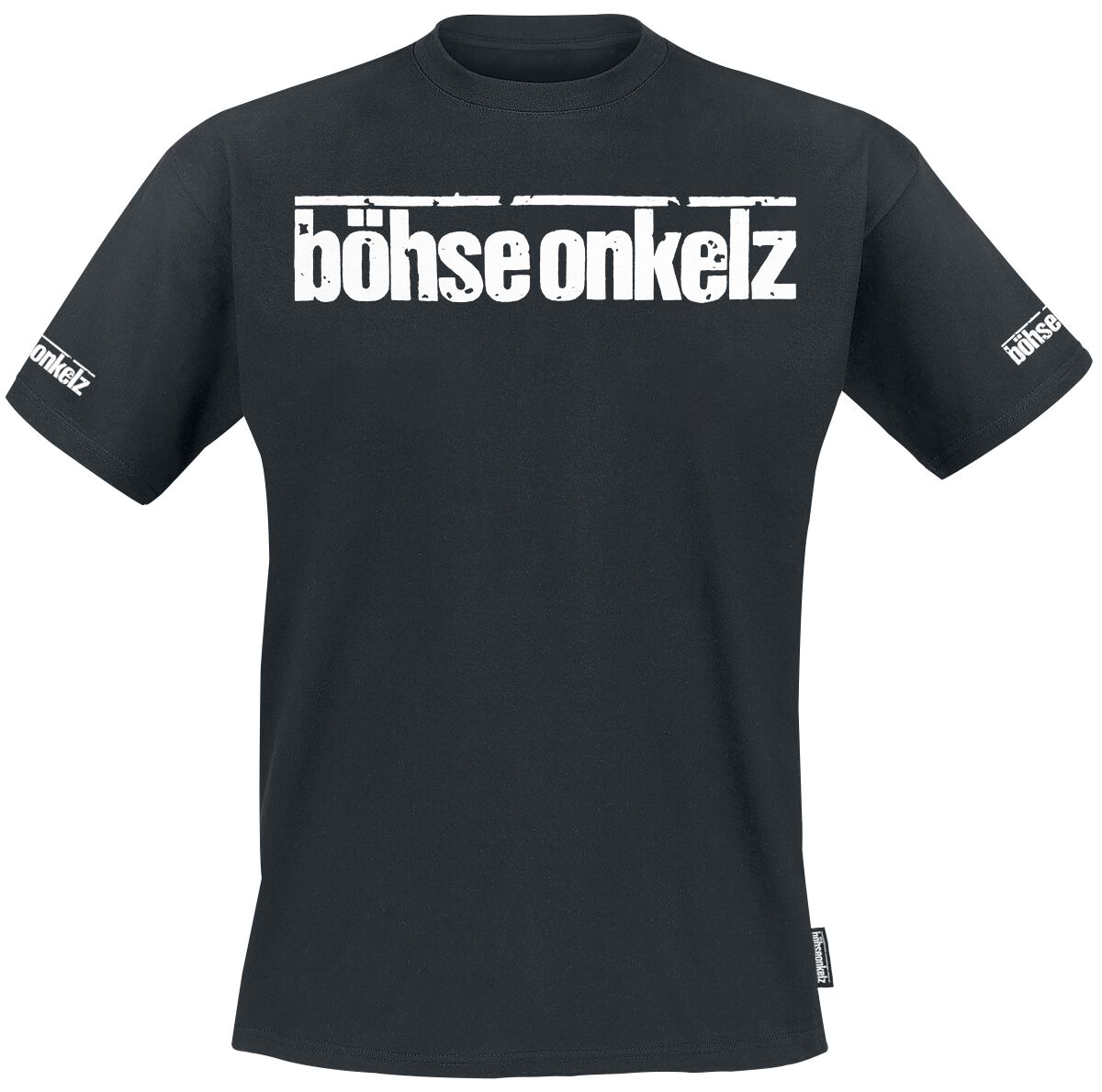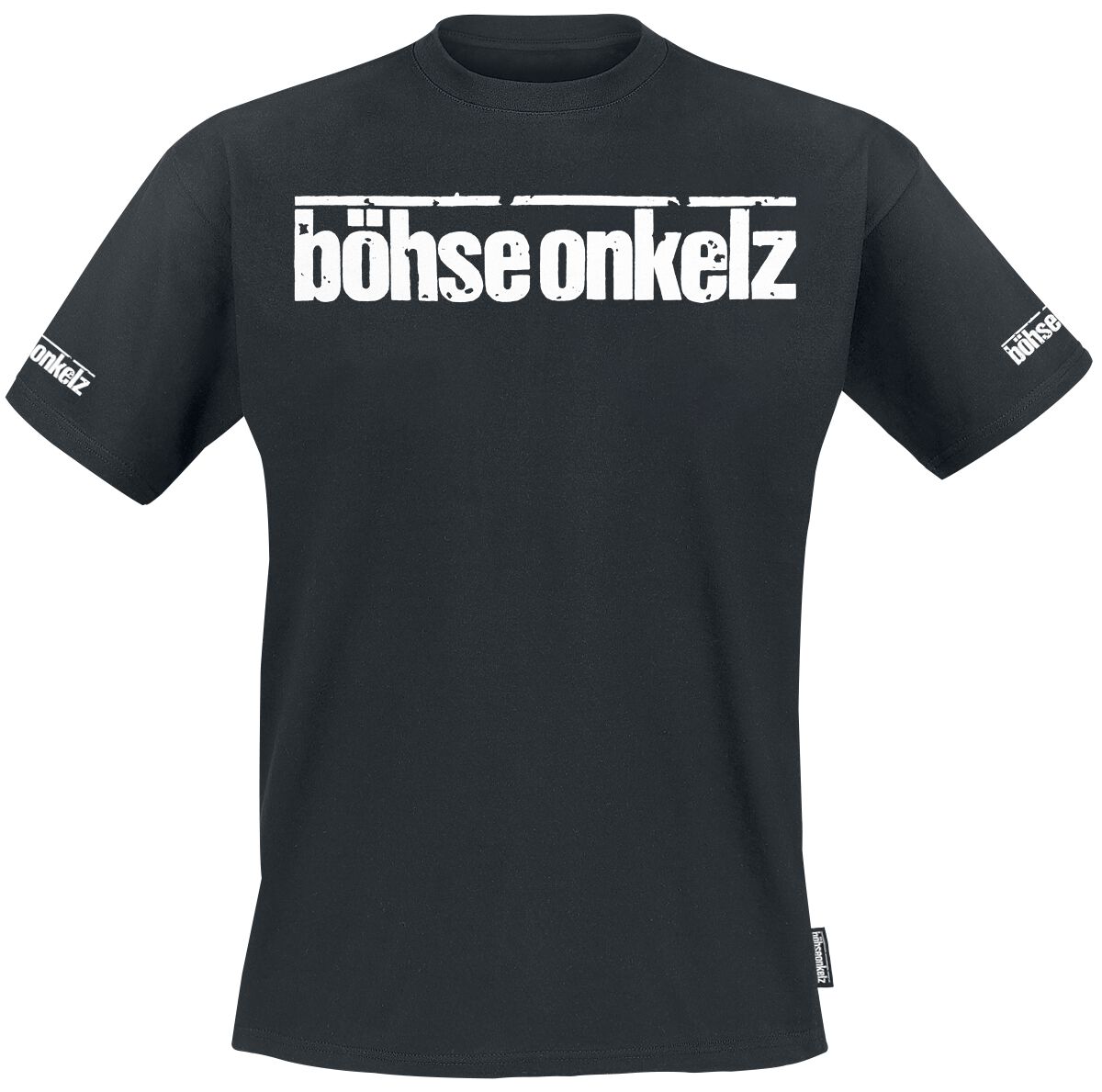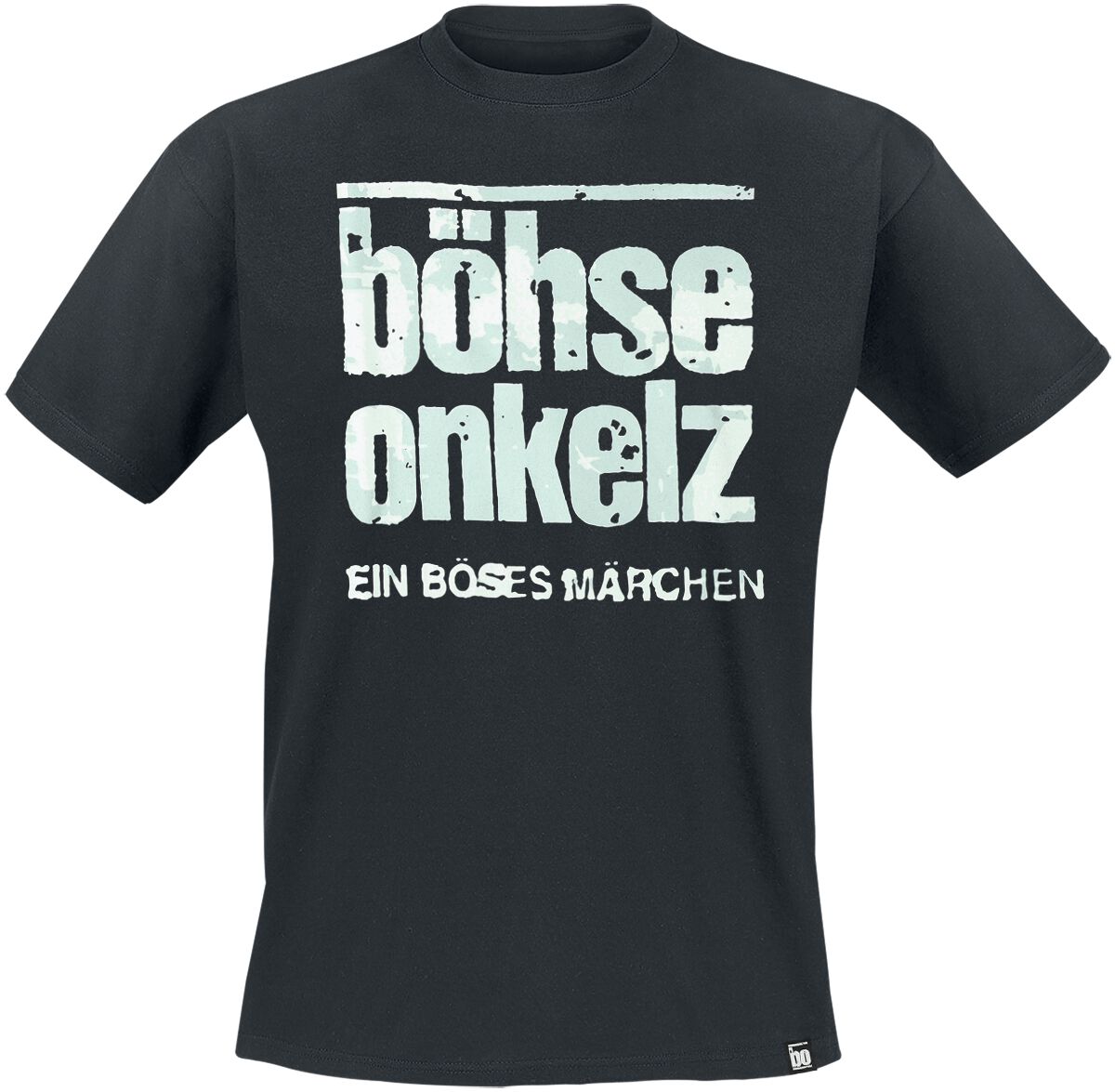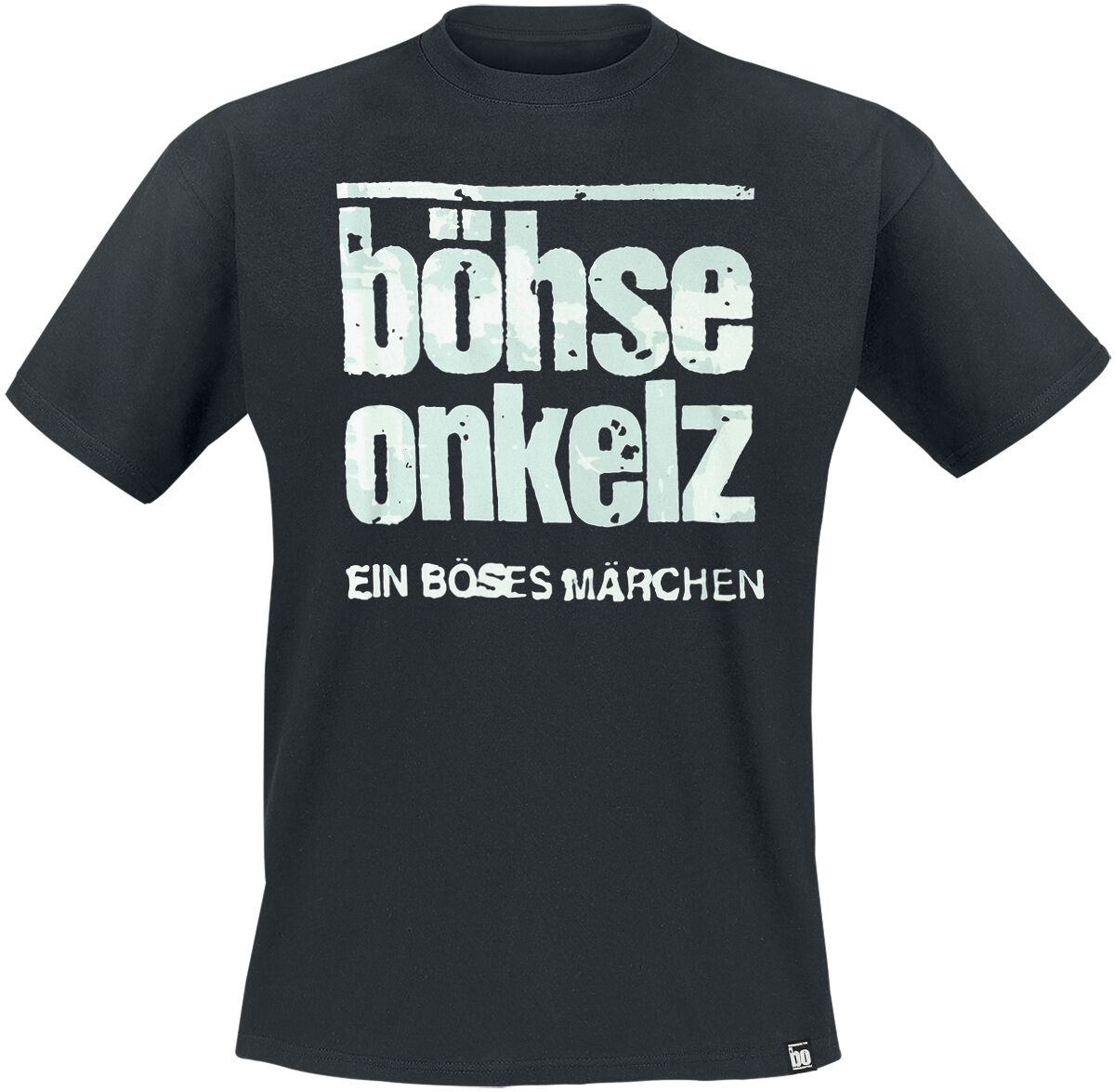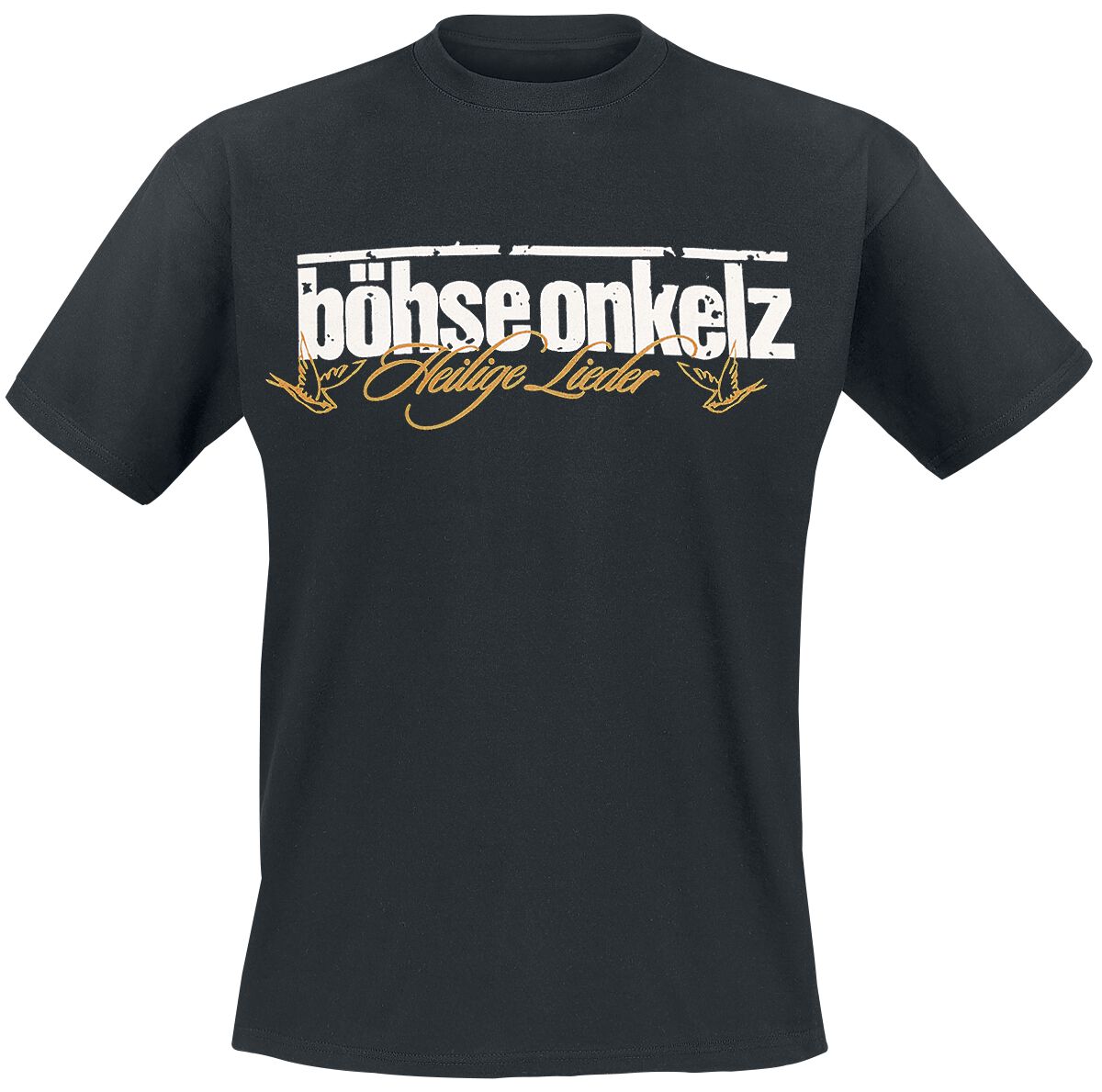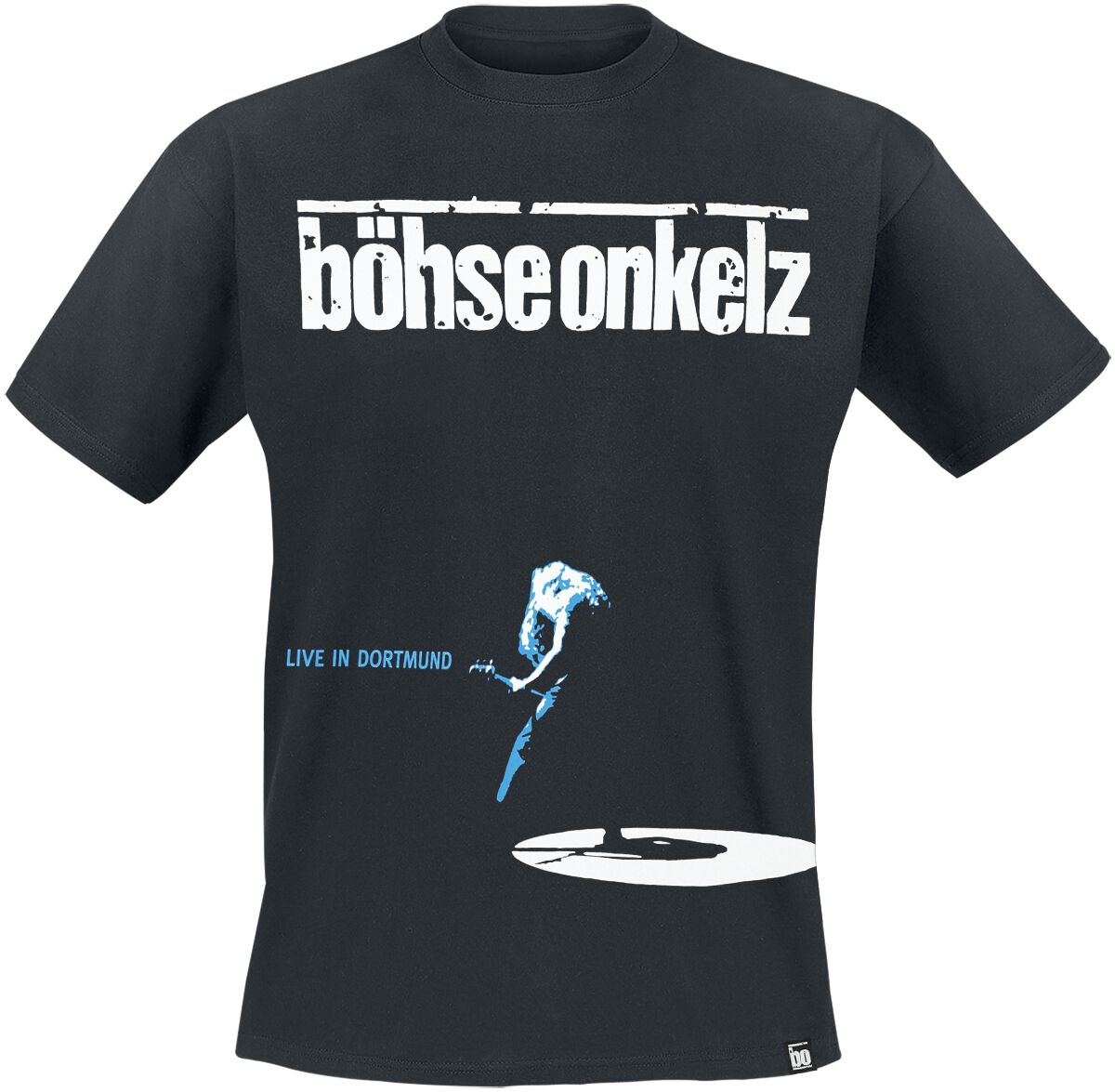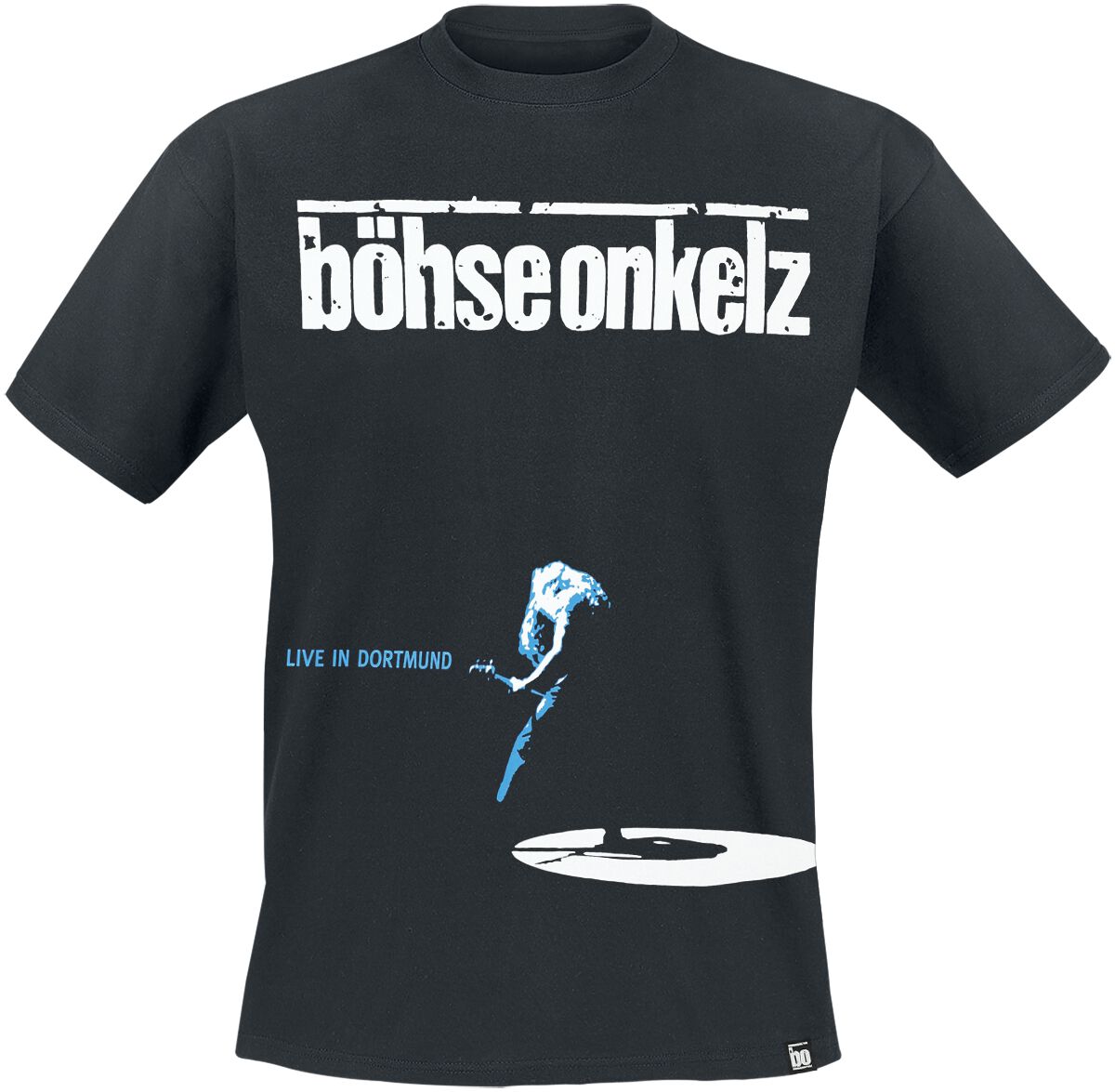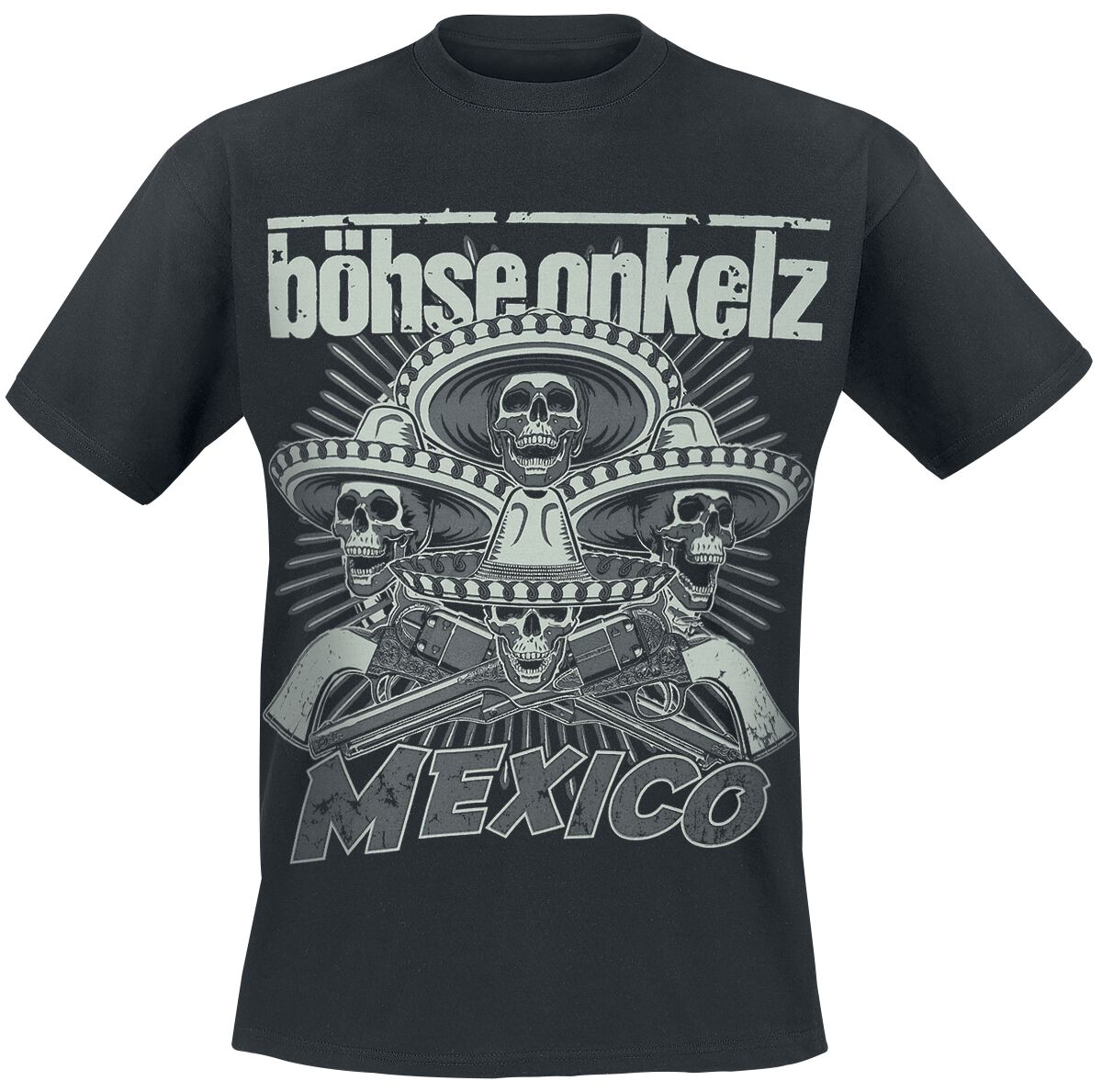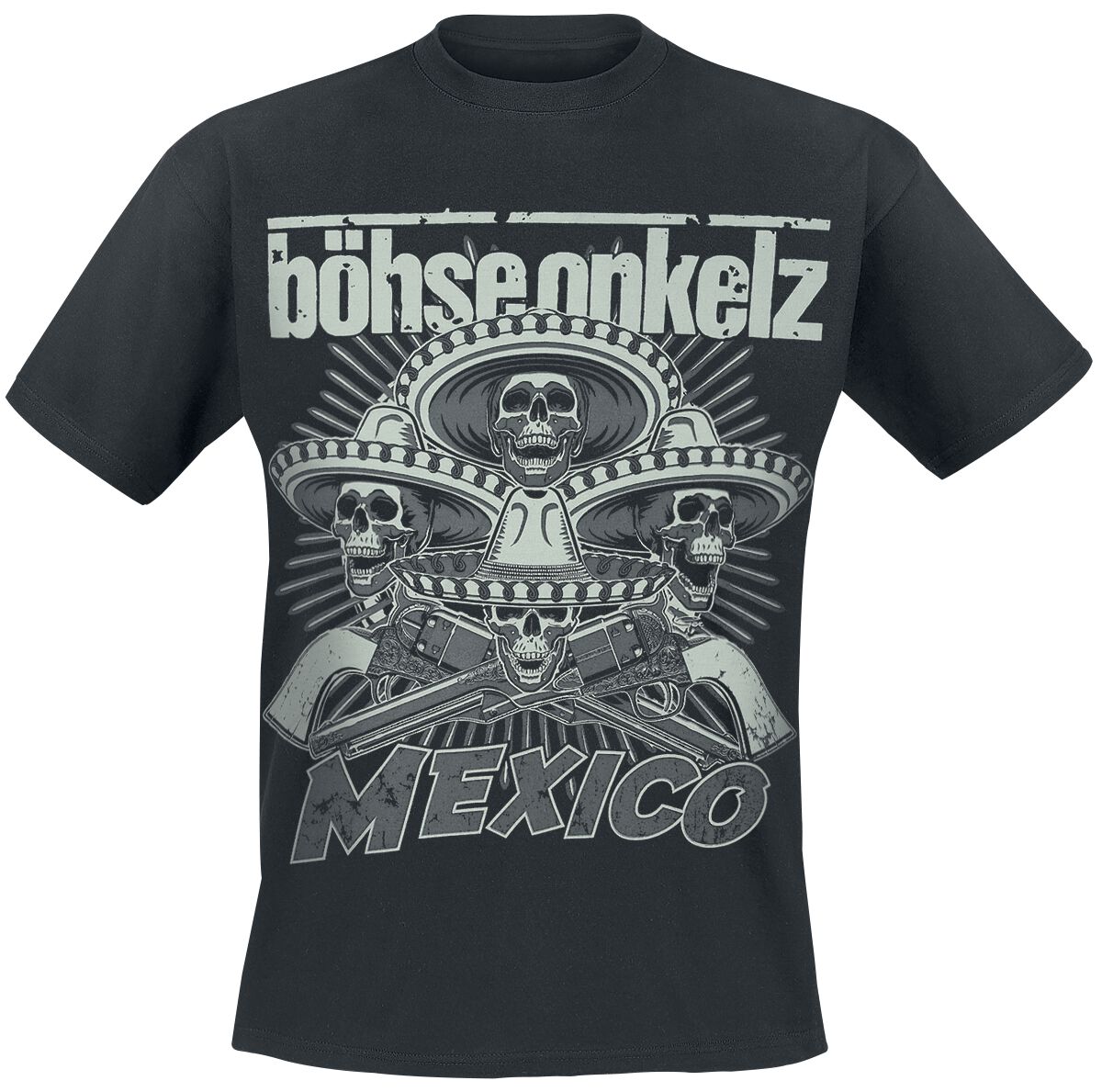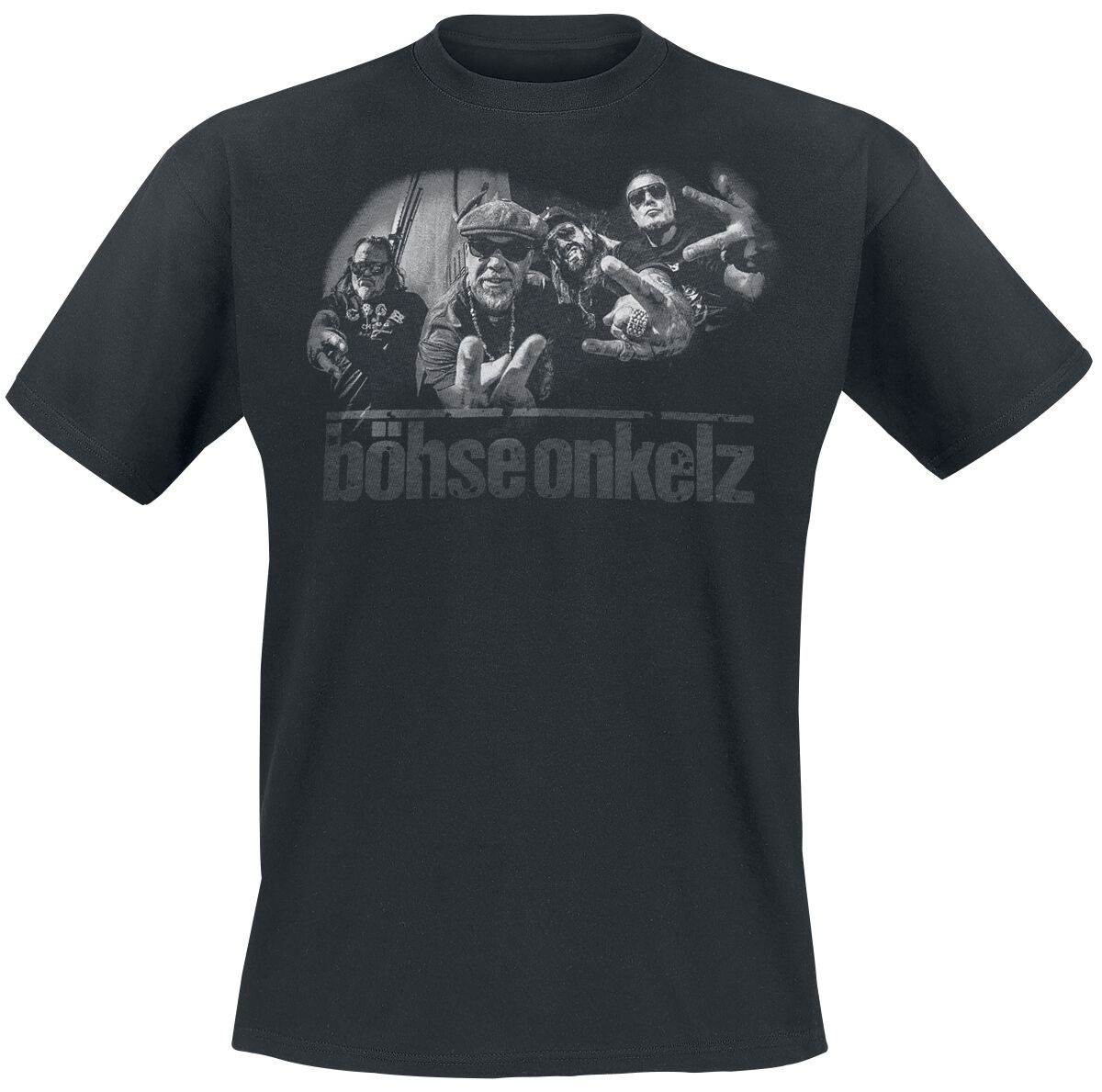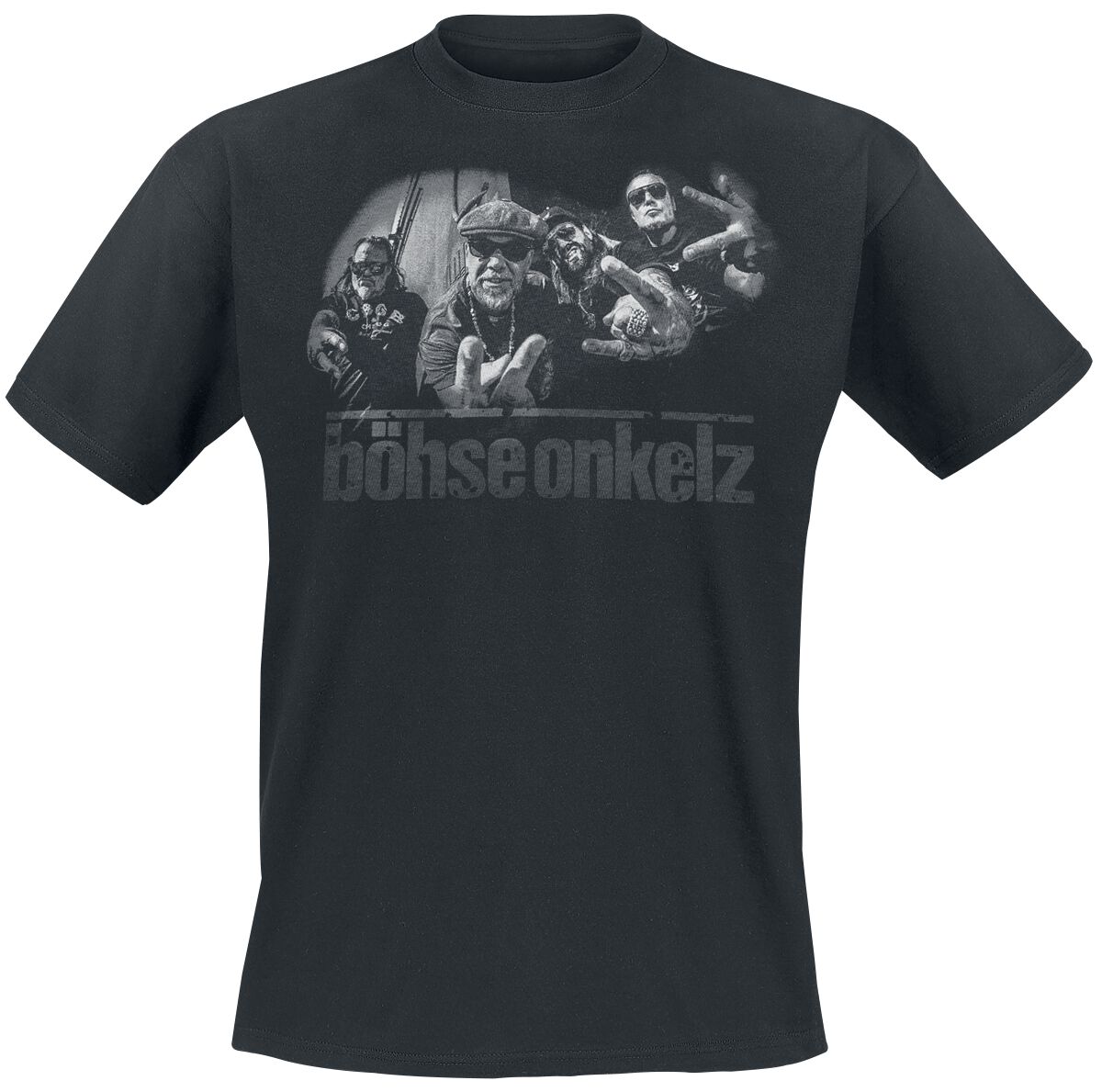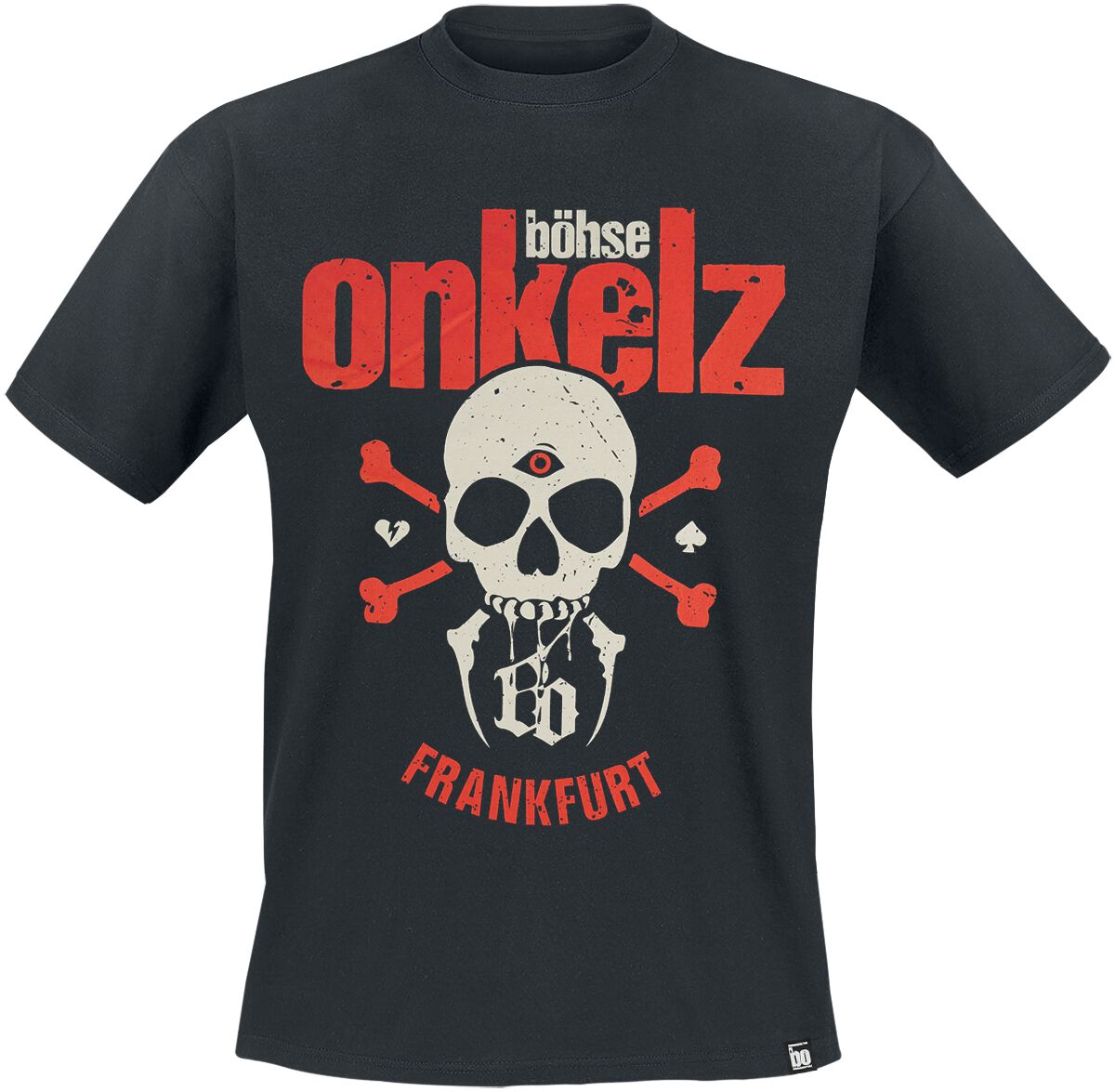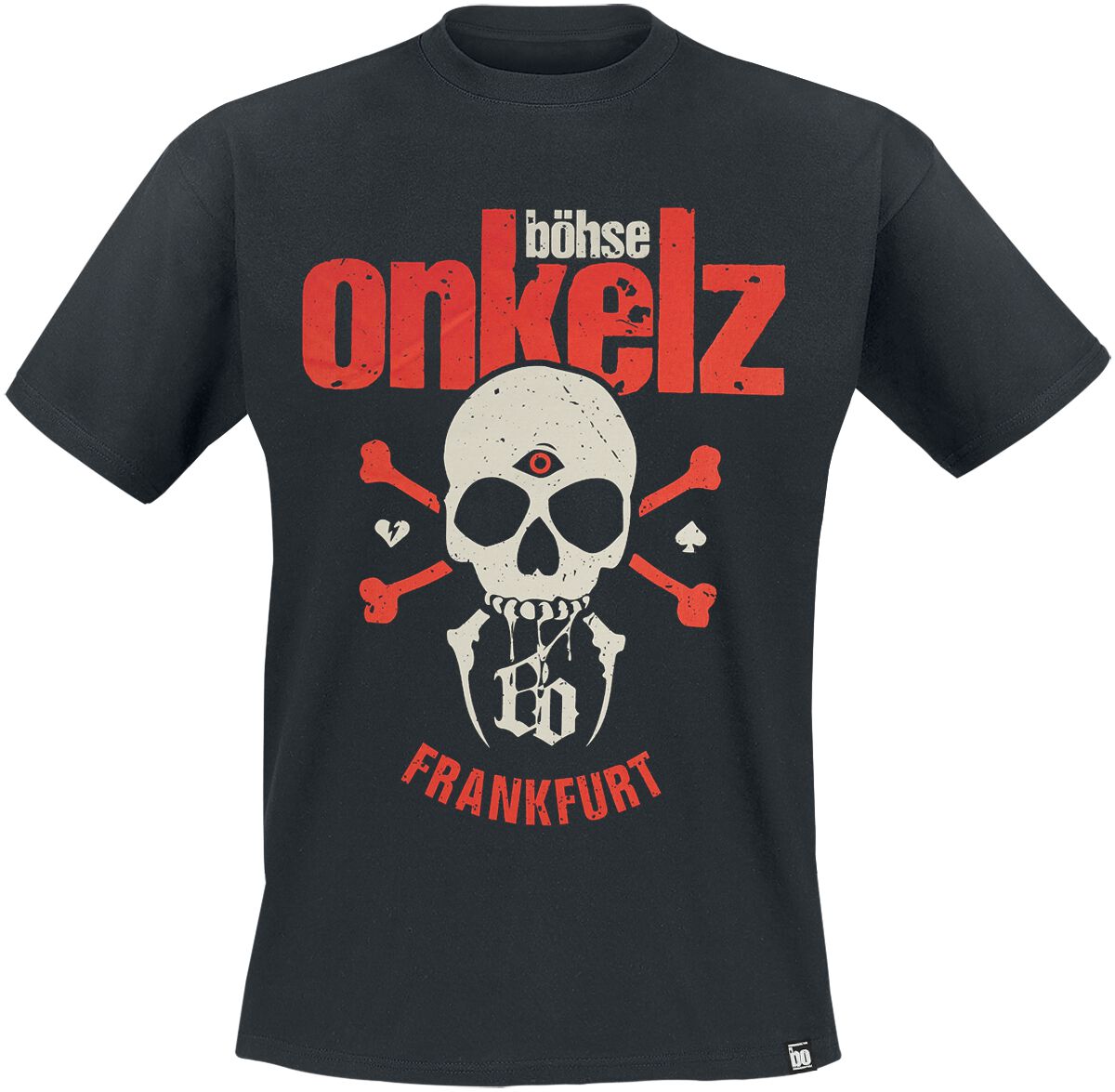Few bands in German music history evoke such passionate devotion and fierce debate as Böhse Onkelz. Hailing from Frankfurt, this legendary German rock band has navigated a complex and often controversial path, evolving from their punk rock roots to become a stadium-filling powerhouse. Their story is one of unwavering loyalty from their massive fanbase, often referred to as the “Neffen und Nichten” (nephews and nieces), and a relentless commitment to their own artistic vision, regardless of external criticism.
The band’s journey began in 1980 in Hösbach, initially as a punk rock outfit. Founding members Stephan “Der W” Weidner (bass, vocals, and primary lyricist), Kevin Russell (vocals), and Peter “Pe” Schorowsky (drums) laid the groundwork for their distinctive sound. A year later, guitarist Matthias “Gonzo” Röhr joined, completing the classic lineup that would remain stable for decades. Inspired by the raw energy of bands like The Sex Pistols and The Ramones, Böhse Onkelz emerged from the working-class streets, reflecting a raw, unfiltered perspective in their early lyrics.
Their early years, particularly in the 1980s, were undeniably marked by controversy. Some of their initial material and associations, especially with the Oi! subgenre, led to accusations of right-wing leanings. Their debut album, “Der nette Mann” (1984), was even banned in Germany due to perceived glorification of violence and controversial lyrical content, a stigma that has followed them despite the band’s later, explicit condemnations of right-wing extremism. Over time, Böhse Onkelz unequivocally distanced themselves from such ideologies, with songs explicitly denouncing “brown scum” (a reference to Nazism) and advocating against hatred and violence. This transformation, while accepted by their fans, remains a point of contention for some critics.
Despite the controversies, the band’s raw authenticity and powerful German lyrics resonated deeply with a growing audience. Their sound evolved, blending elements of punk, hard rock, and even heavy metal, creating a unique style often simply referred to as “German rock.”
An interesting and poignant fact about the band is the tragic death of their close friend, Andreas “Trimmi” Trimborn, in 1990. This event deeply affected the band, particularly Kevin Russell, and inspired some of their most emotional and introspective songs, such as “Nur die besten sterben jung” (Only the best die young). This personal tragedy further connected them with their fans, who saw their struggles and resilience reflected in the music.
After a highly successful career spanning over two decades, Böhse Onkelz announced their retirement in 2005 with a massive farewell festival. However, the hiatus proved temporary. In 2014, to the immense excitement of their fans, the band reunited for a series of hugely successful concerts at the Hockenheimring, drawing hundreds of thousands of attendees. This comeback was followed by new studio albums, “Memento” (2016) and “Böhse Onkelz” (2020), both of which immediately shot to number one in Germany, Austria, and Switzerland, proving their undiminished popularity.

